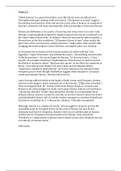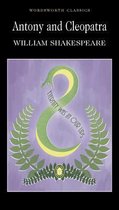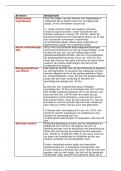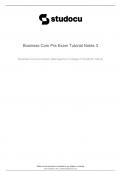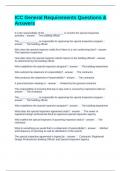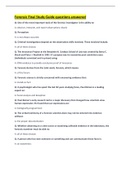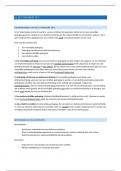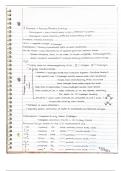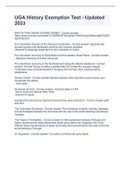Essay
Grade 12 IEB Antony and Cleopatra mini essay (4)
- Vak
- Instelling
- Boek
‘Here am I Antony, Yet cannot hold this visible shape.’ (Antony: Act 4 sc 13 lines 13-14) ‘Melt Egypt into Nile, and kindly creatures Turn all to serpents.’ (Cleopatra Act 2 sc 5 lines 78-79) The theme of dissolution pervades Antony and Cleopatra. Is this effec...
[Meer zien]
